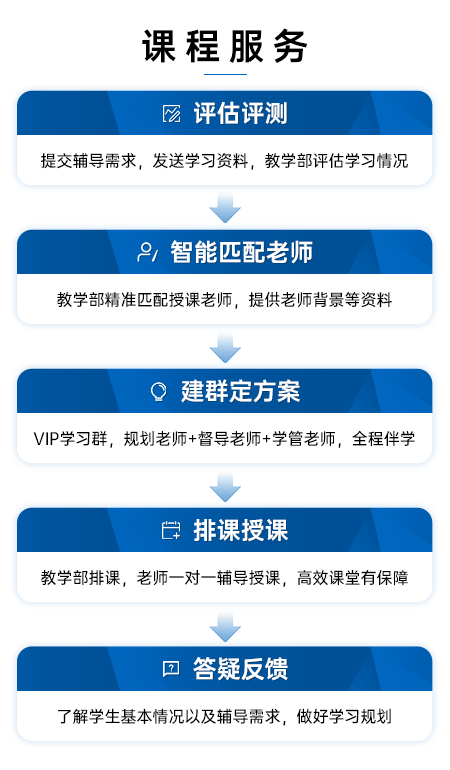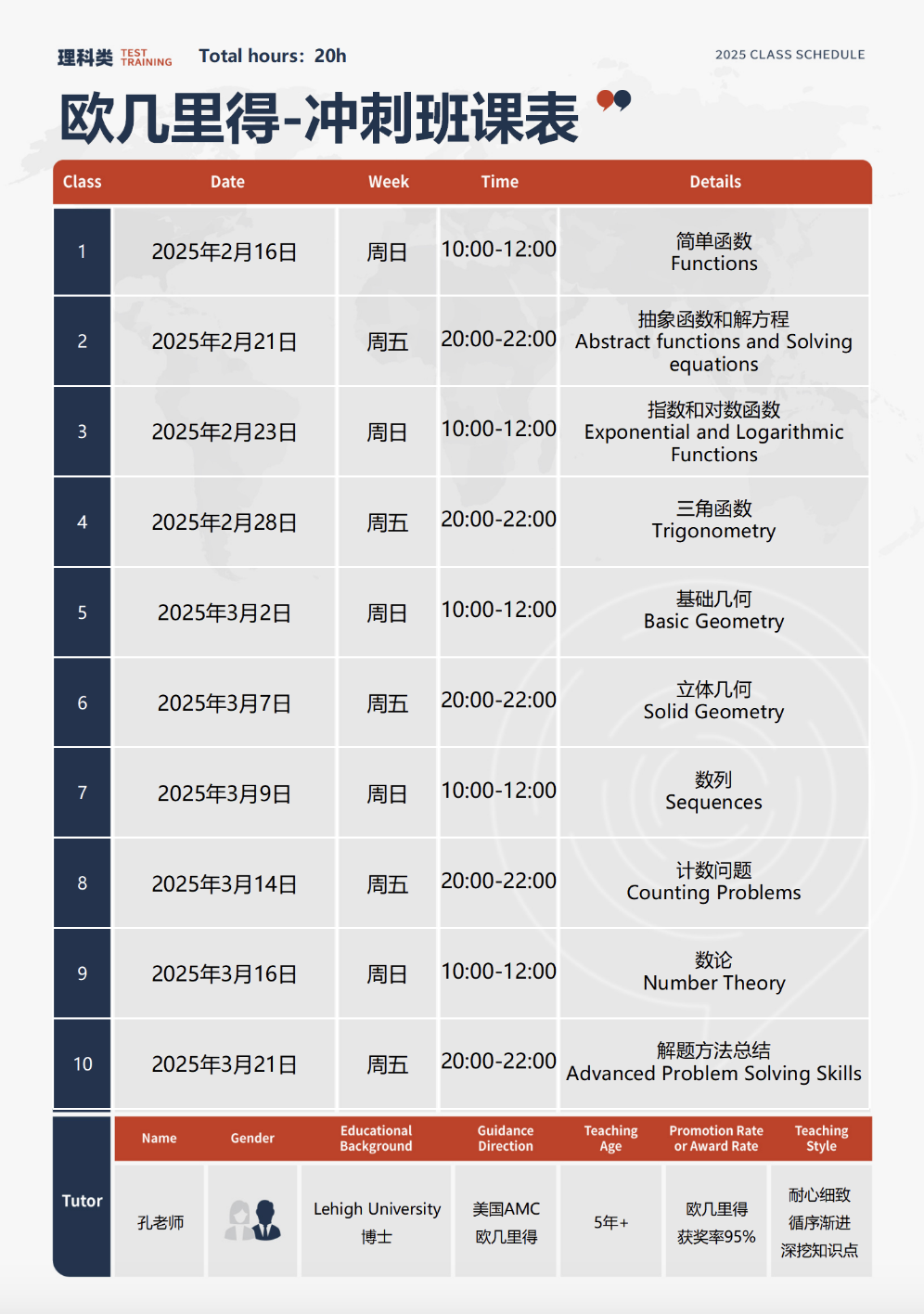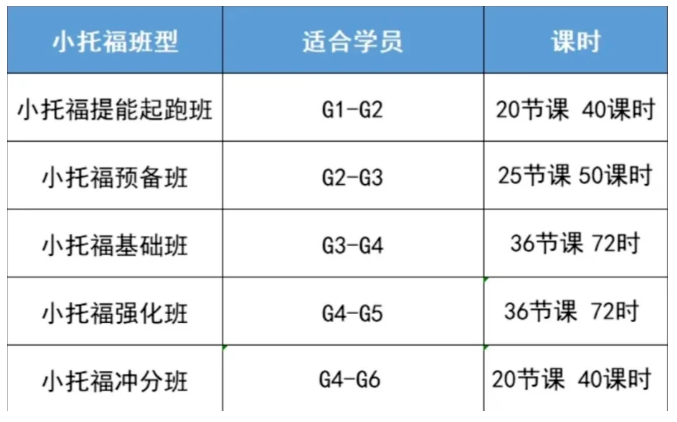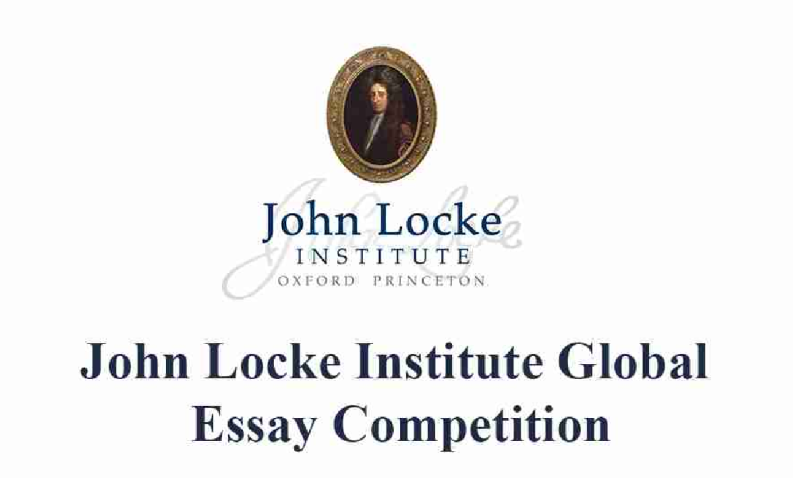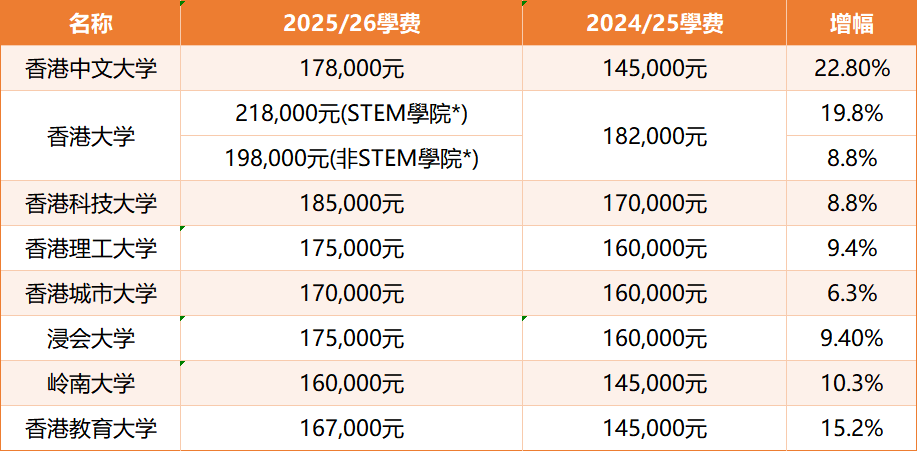“命”比较直接的对应可能是destiny或者fate。
但和中文“认命”的感情色彩比较一致的可能是“That's life!”
Cambridge 字典对于That's life 有如下的解释 said after something bad or unlucky has happened, to express your feeling that such events will sometimes happen and have to be accepted. 但是仔细想一下that's life 还是没能很好的对应出来“认命”的这个“认”。 因为That's life 更多还是客观条件就这样了,没有办法;而“认命” 是主观上承认现状了。所以,可能有一个更为合适的对应:
settle
这个词从我们最初的接触来看,感觉和“认命”没什么关系,而且是个有点偏正向的词,有“安排,安放”甚至可以是“解决(纠纷)” 的意思。
但我们看下这个句子
It felt like settling, if not an outright failure, not to seek something better.
句子出自NYT 的一篇文章
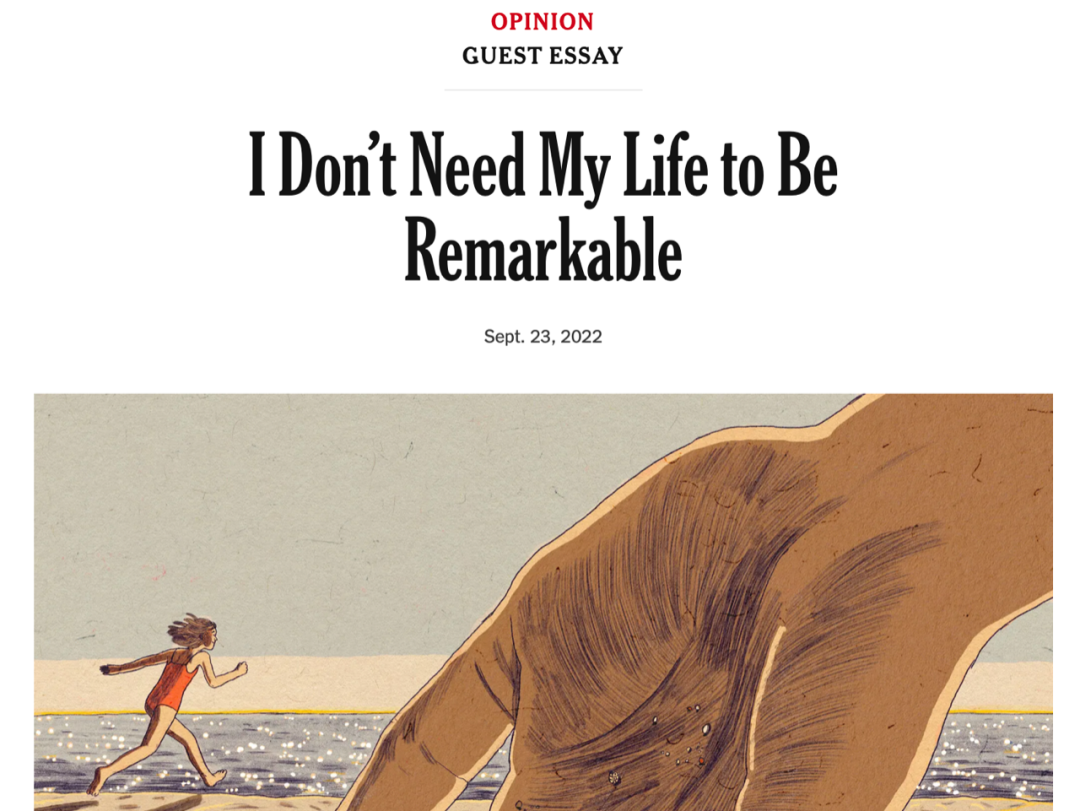
文章讲的是作者的孩子因为癌症和肿瘤需要反复做手术的故事。最初家人还有希望每一刻都能是10 out of 10 的完美期待,后来觉得不见的要过的那么的“满”,有时候 6 out of 10, 甚至 4 out of 10 带来的安稳也是挺好的。
It is remarkable. I am weary of her having to be remarkable. It turns out I really don’t need life to always be a 10. A nice, solid six would be nice. Tonight I’d even go with a four. We’d be very happy to rest here, at four.
回到我们引入的那个句子 It felt like settling, if not an outright failure, not to seek something better.
从句子结构来看,if not 的插入部分可以看出来 settling 和failure 是同向感情的,所以settling 在这里是一种负向情绪。
我们看下这个句子使用的上下文
Many years ago, before we had children, an old family friend who was a therapist offered a gentle bit of advice to my partner, Ian, who was wrestling with his future after leaving the Peace Corps early: Don’t look for every moment to be a 10, she told him. Sometimes you have to celebrate the fours, fives and sixes.
When Ian repeated it to me, we laughed. It felt like settling, if not an outright failure, not to seek something better.
文章引入部分说了个心理咨询师劝解Ian 的话,“不见的总得10分,有时候4/5/6分也挺好的。” 作者和Ian当时觉得这个观念哪怕(if not)不是失败者心态也是一种settling 的情绪。
综上,可以看出来 settling 在这里有“放弃,接受现状”的意思,和中文的“认命”其实蛮像的。
关于settle 的这方面的意思,其实生活里也是蛮常见的,比如
Don't Settle! 这个表达。
说的就是不要接受自己并不满意的现状,继续努力。
Steve Jobs 在 Stanford 那个演讲里的 Don't settle 也是类似的意思。
当然面对生活不易,我们是选择settle 还是 Don't settle, 其实是很个人的选择。他人不好随便评判。
建立同理心的第一步是承认有时候人和人之间是很难共情的:你没经历别人的生活,不要轻易说“我懂你”...






